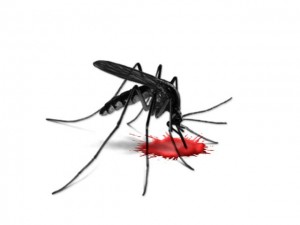 Giving up alcohol for a month can change people’s drinking habits in the long term meaning people drink less and get drunk less often, according to a study.
Giving up alcohol for a month can change people’s drinking habits in the long term meaning people drink less and get drunk less often, according to a study.
Research shows that committing to a month off alcohol – post Christmas – was more likely to lead to people moderating their drinking during the rest of the year and to saying no to a drink on social occasions or when feeling upset or anxious.
A survey of 3,800 people who completed a questionnaire before they gave up alcohol in January 2014, found that many of those going 31 days without alcohol experienced a number of positive side-effects, such as sleeping better, losing weight and feeling more energetic. More than three-quarters of people said they had saved money and felt a sense of achievement.
Commenting on the research, Prof Wallace, chief medical adviser to the charity Drinkaware, warned that people should not be complacent.
“It’s important not to assume that having a break from alcohol for a while means it’s OK to drink to excess the rest of the year. It’s also important to recognise that just because you can stop drinking alcohol for a period of time, it doesn’t mean you don’t need to continue to moderate your drinking in the long term.”






